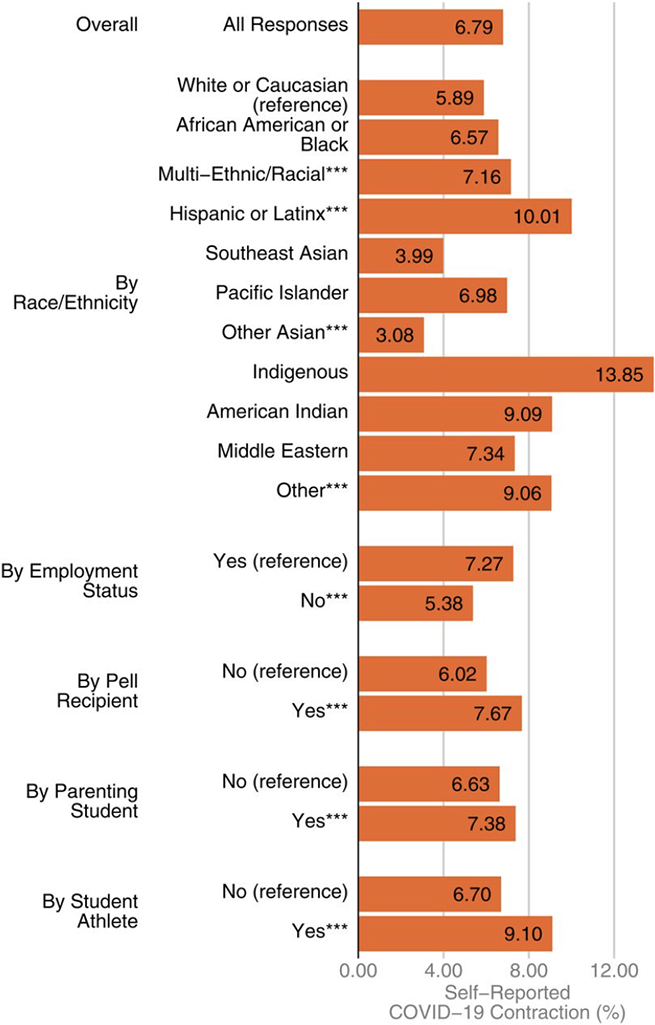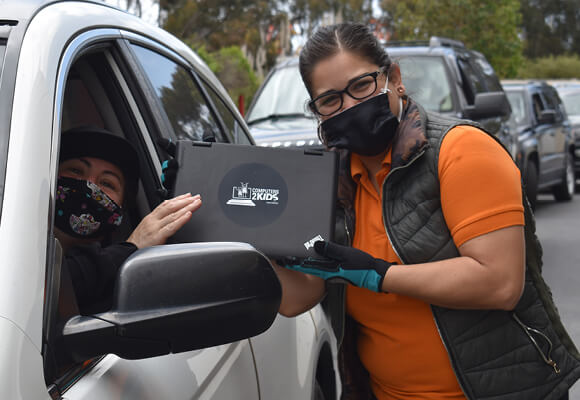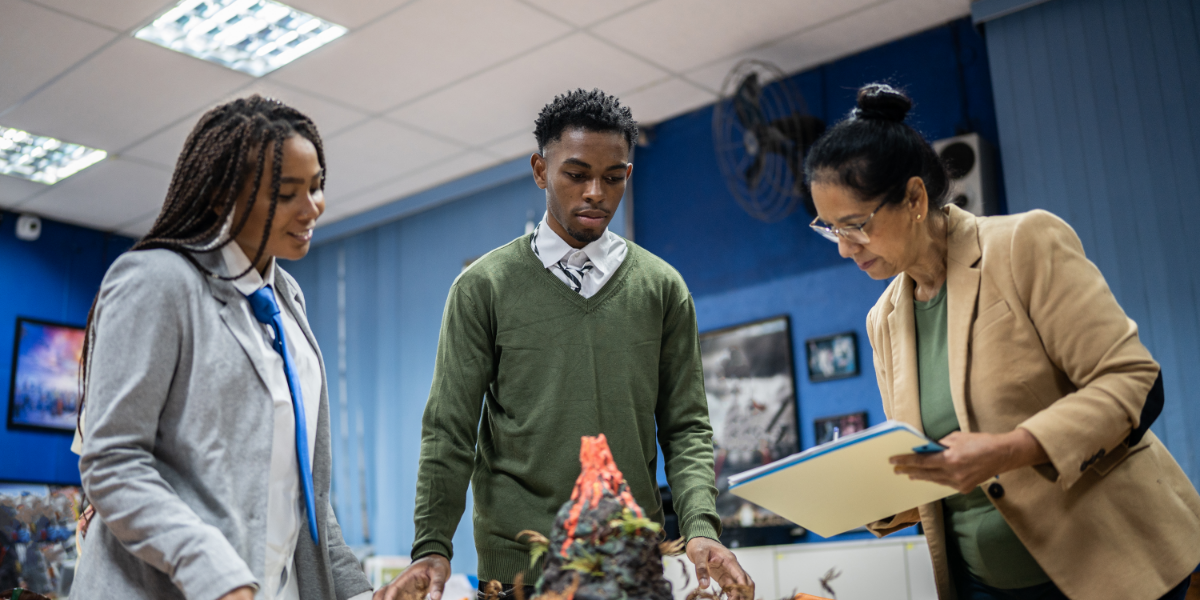The COVID-19 pandemic has exacerbated the inequity of experience for many San Diegans.
From food and housing insecurity to the digital divide, the need to help people with basic needs – which includes food, shelter, clothing, healthcare and education – has grown both in the number of people who need assistance and the depth of individual need.
Earlier this month, The Hope Center for College, Community and Justice at Temple University published its fall 2020 Real College Survey research in the Proceedings of the National Academy of Sciences(PNAS), the official journal of the National Academy of Sciences. The sixth annual survey collected self-reported data from more than 100,000 undergraduate college students enrolled at 202 colleges and universities in 42 states.
Key Findings
According to The Hope Center, key findings for COVID-19 self-reporting included:
- Almost 7% of students surveyed self-reported contracting the COVID-19 virus, a likely underestimate
- Self-reported diagnoses were substantially higher among Indigenous, Latinx, and Black or African American students compared to white students:
- 14% of Indigenous students
- 10% of Latinx students
- 7% of Black students
- 6% of White students
- Other student groups associated with higher risk of self-reported COVID-19 diagnosis, included Pell grant recipients, students with children, students maintaining a job, or student-athletes

Even when controlling for other observable factors between students who self-reported COVID-19 and those who didn’t, researchers also found other correlations between students who self-reported COVID-19 and the student experience, including:
- Students who self-reported COVID-19 infection had 1.4 times greater odds of experiencing anxiety or depression
- Students who self-reported COVID-19 infection had 1.7 times greater odds of experiencing food insecurity, defined by the U.S. Department of Agriculture as “unable to acquire adequate food for one or more household members because they had insufficient money and other resources for food”
The depression and anxiety findings for students who self-reported contracting COVID-19 largely reflected similar findings in a recent study of rates of depression, anxiety and other mental health issues among those in the general population who were diagnosed with COVID-19. Similarly, food insecurity has also grown among members of the general public during the COVID-19 pandemic, with 1 in 3 San Diegans currently experiencing food insecurity.
Future Implications
If the percentage of students who self-reported contracting COVID-19 is applied to the total population of current undergraduate students, more than 1.4 million college students have been infected since January 2020. Study authors note that this number is likely an underestimate, so the true number is likely much higher.
Regardless, these results demonstrate that basic needs, especially those related to mental and behavioral health and food insecurity, are increasing among college students who have been personally impacted by COVID-19. This is in addition to research that has shown that up to 55% of 2- and 4-year undergraduate college students nationwide suffer from food insecurity, while 44% reported symptoms of depression and anxiety.
Research shows, time and again, that college students’ access to basic needs — such as safe and secure housing, sufficient healthy food, health care (including emotional and mental health care), financial stability, child care, technology and transportation — is a key indicator of academic and professional success. Without a reliable support network that ensures these needs are consistently met, students may suffer negative health outcomes and underperform, fall behind or discontinue their studies.
To better support students’ recovery from the COVID-19 pandemic, the study authors had specific recommendations for colleges and universities:
“Given that the longer-term health implications of COVID-19 infections are still being documented, it would be prudent for colleges to be prepared to support students who report having been infected with COVID-19. Particular attention should be paid to groups with high rates of self-reported infection, including racially minoritized students, lower-income students, and college athletes.”
Helping Local Students
Thankfully, San Diego’s colleges and universities are increasingly addressing students’ basic needs, whether through increased mental health services or food assistance programs. To address food insecurity, the San Diego Food Bank has a College Hunger-relief Program that identifies best practices for college food pantries and enhances existing college food pantries and campus-based hunger-relief programs.
Additionally, all college and university campuses in San Diego host student food pantries, with many also providing on-campus food distribution events in conjunction with local food banks, access to Cal-Fresh application assistance (also known as Supplemental Nutrition Assistance Program, or SNAP) and referrals to other food assistance programs throughout the county.
The San Diego Foundation supports college students through its Community Scholarship Program, which awarded $3.4 million in scholarships to 1,025 students in 2021, and the Community Scholars Initiative, a partnership between The Foundation and local college access and success programs.




